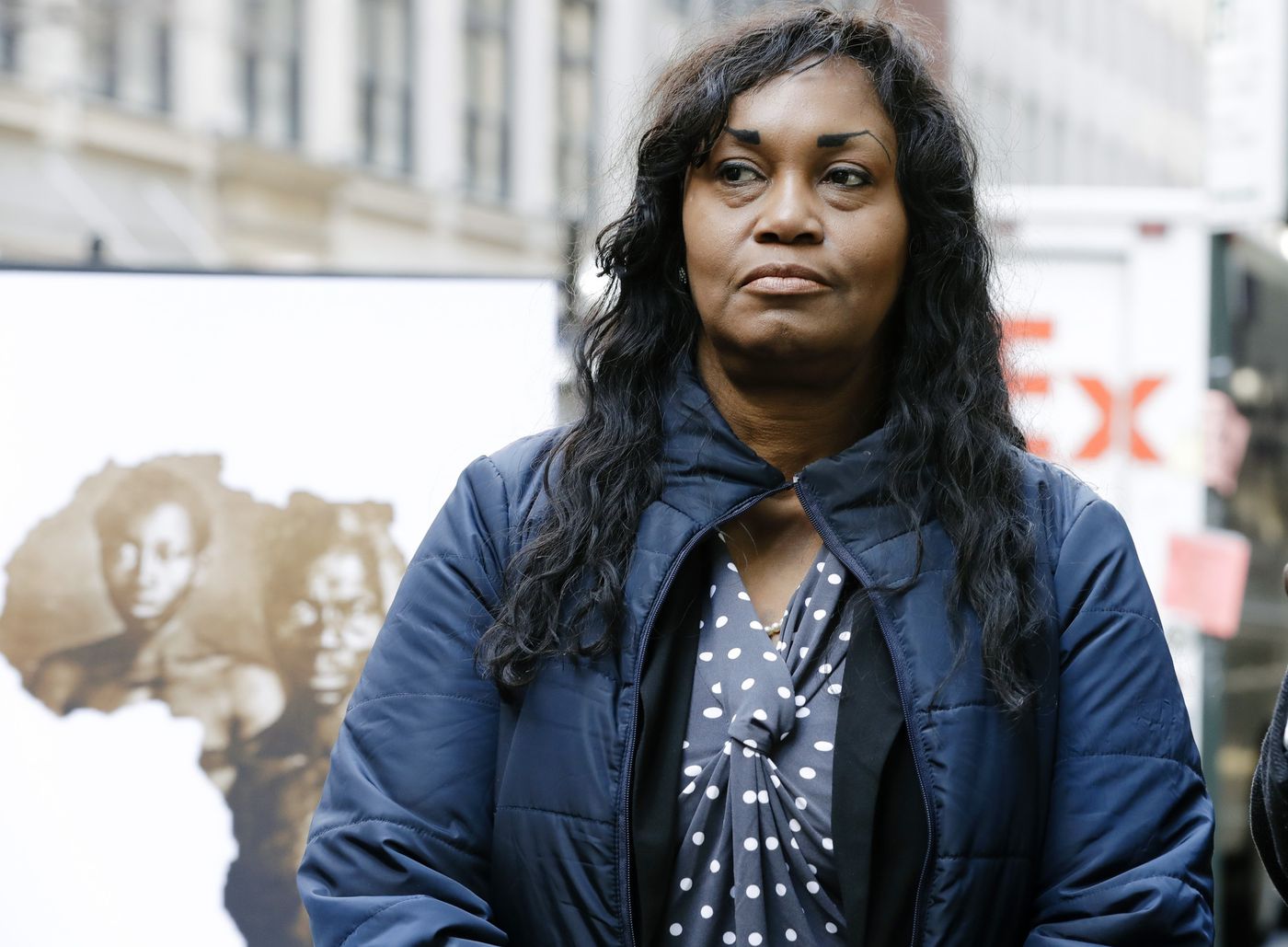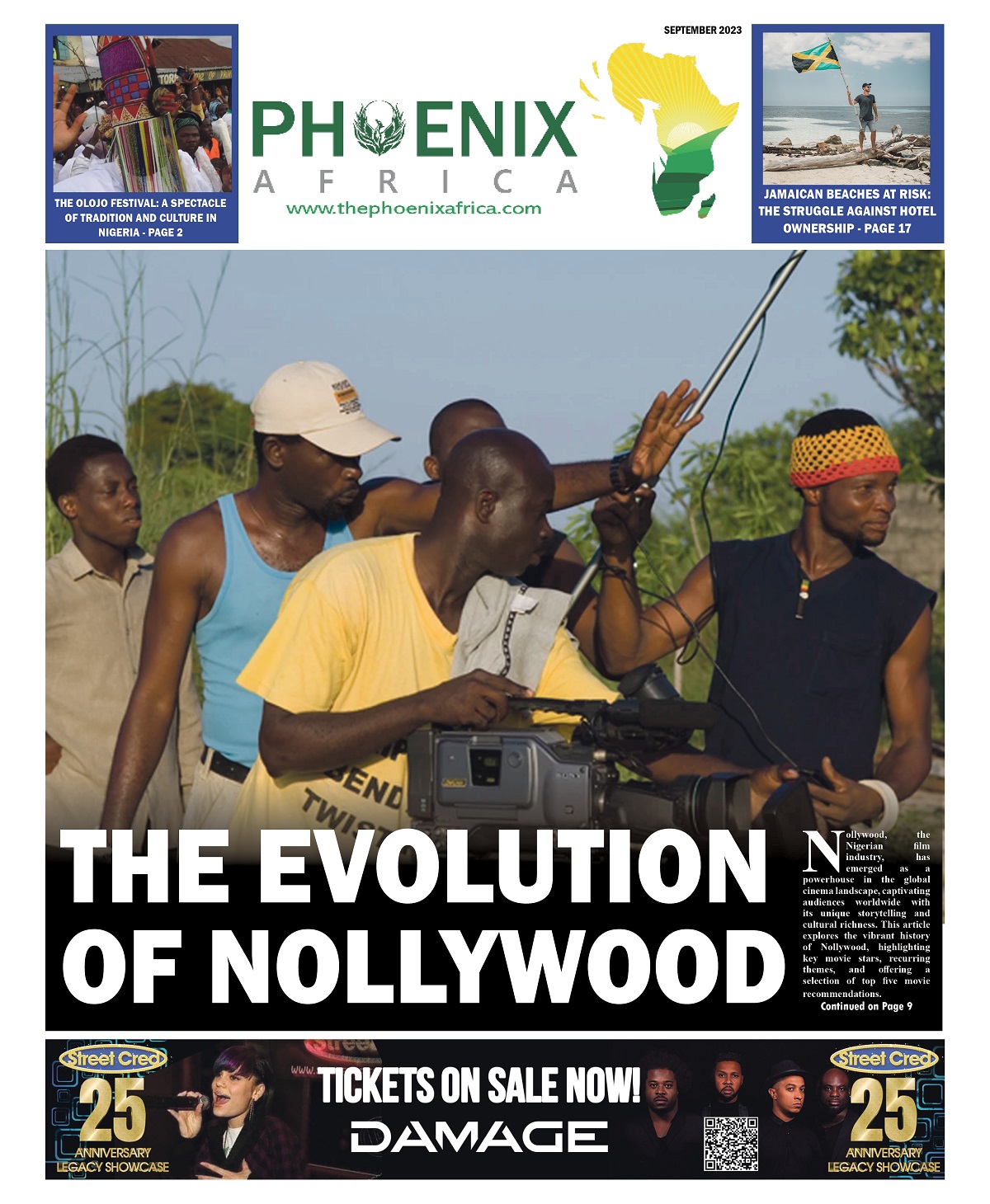A judge in the United States has dismissed a lawsuit by a Connecticut woman who argued Harvard University illegally profited from images of her enslaved ancestors.
Tamara Lanier had no legal claim to the images because photographs belong to the photographer, she ruled. The pictures, commissioned in 1850, were used in attempts to prove the discredited theory that Black people are inferior. Ms Lanier said she would appeal against the decision.
The judge "completely missed the humanistic aspect of this", Ms Lanier told the New York Times. "We're talking about the patriarch of a family, a subject of bedtime stories, whose legacy is still denied to these people." The images, which were daguerreotypes, an early type of photograph, were taken in a studio in South Carolina. They show a man known as Renty and his daughter Delia, both stripped naked to the waist.
Thought to be among the first photos of US slaves, they were commissioned by Harvard biologist Louis Agassiz in order to argue for slavery in the US. The lawsuit said that Ms Lanier verified her genealogical ties to Renty, whom she calls "Papa Renty" and grew up hearing bed time stories about. Neither Harvard nor the judge disputed this claim at trial.
Ms Lanier, a retired probation officer, had asked Harvard to return the images to her family, pay unspecified damages to her and acknowledge that it was "complicit in perpetuating and justifying the institution of slavery". She accused the university of profiting illegally from Renty's image, for example by putting his picture on a book cover.
Judge Camille Sarrouf acknowledged that the photographs were taken under "horrific circumstances" but ruled that if Renty and Delia did not own the images, then Ms Lanier did not own them either. She wrote; "Fully acknowledging the continuing impact slavery has had in the United States, the law, as it currently stands, does not confer a property interest to the subject of a photograph regardless of how objectionable the photograph's origins may be." Judge Sarrouf wrote.
Harvard said the photographs were "powerful visual indictments of the horrific institution of slavery". The university said it was exploring ways to make the photos "more accessible to a broader segment of the public and to tell the stories of the enslaved people that they depict".







